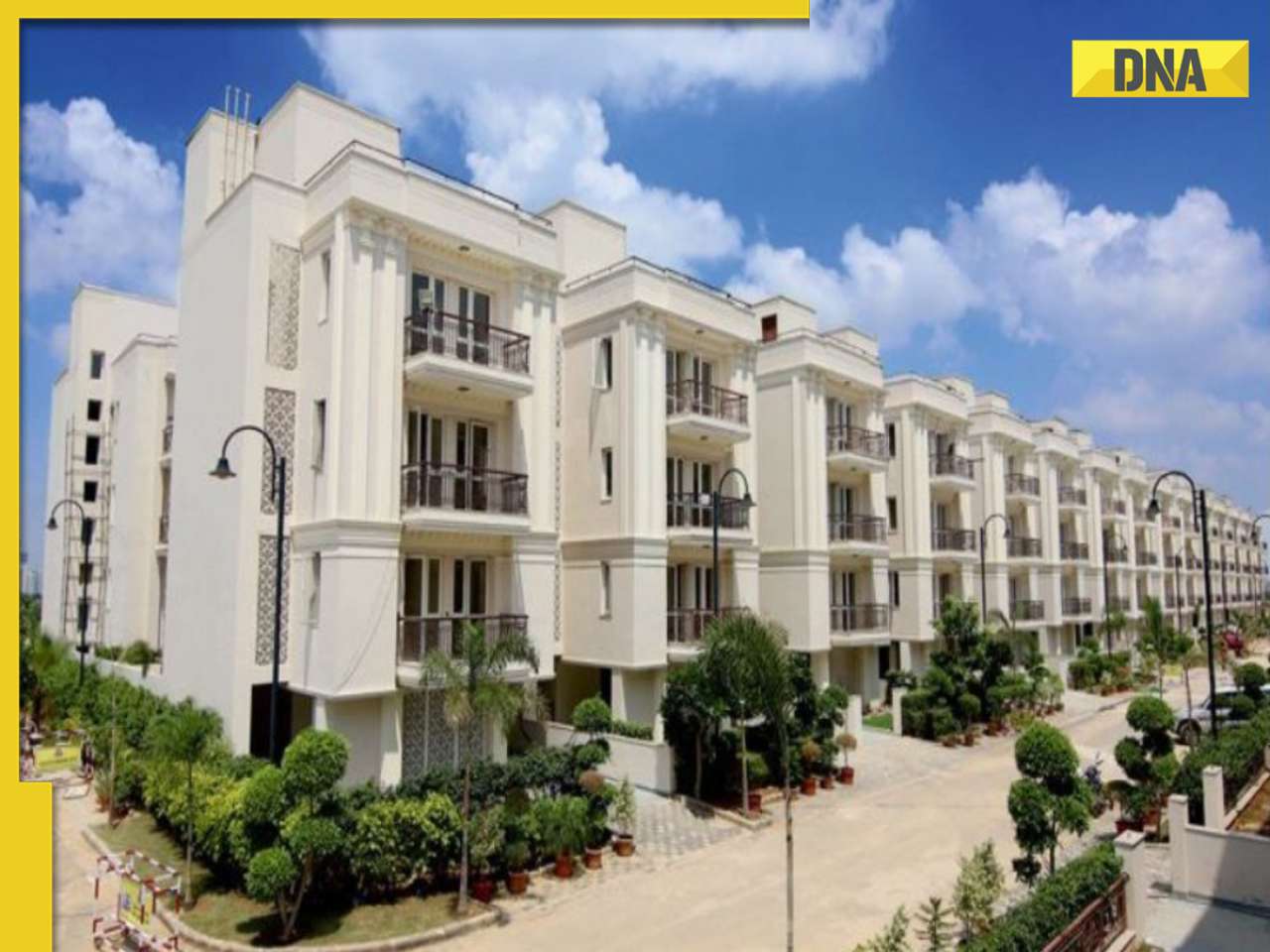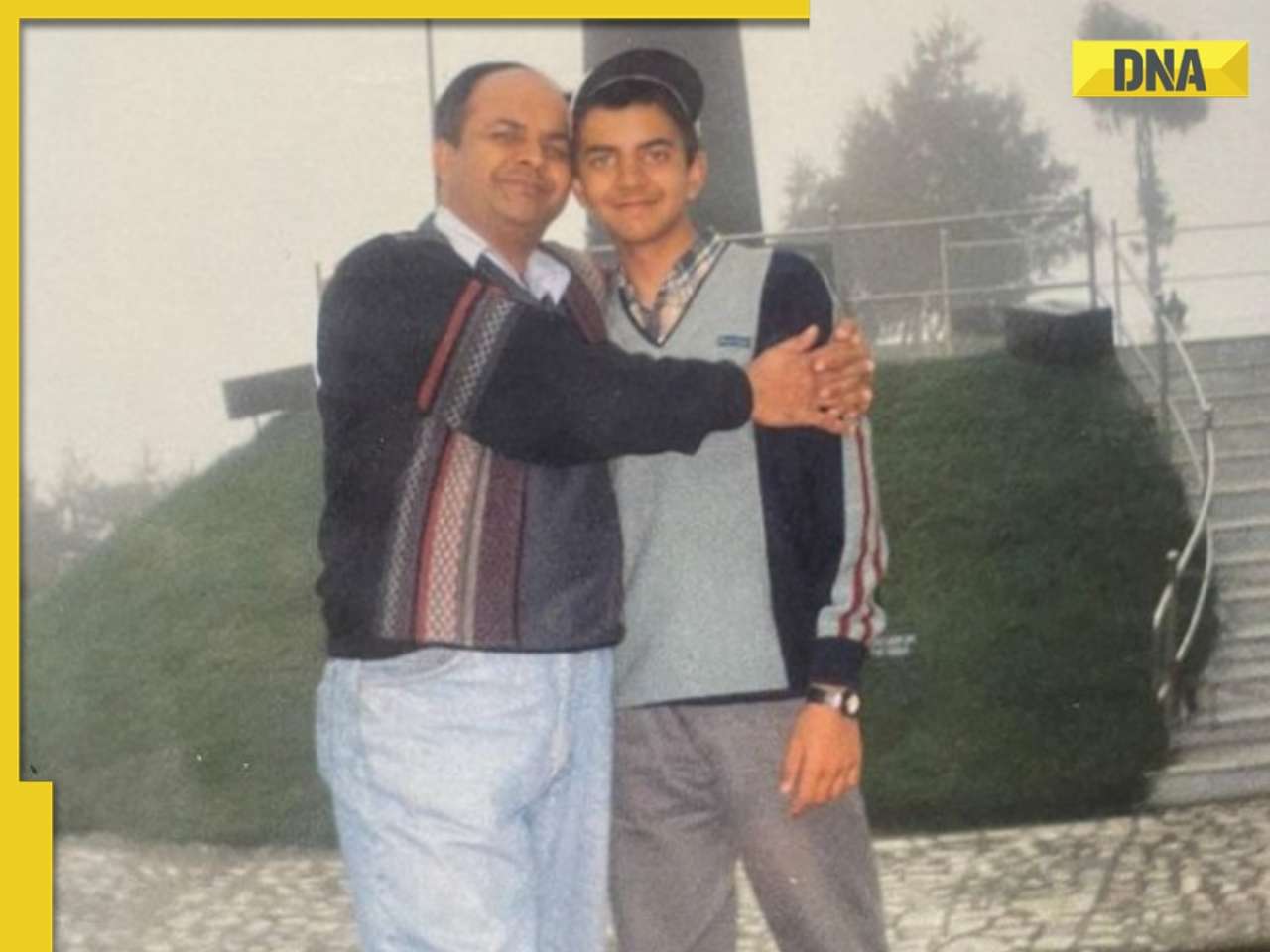Nepal's first presidential election scheduled for Saturday has now brought India under fire, with Left leaders accusing the bigger southern neighbour of pushing the candidacy of one of the three contenders.
KATHMANDU: After setting the country's top political parties at one another's throats, Nepal's first presidential election scheduled for Saturday has now brought India under fire, with Left leaders accusing the bigger southern neighbour of pushing the candidacy of one of the three contenders.
New Delhi is being accused of promoting 73-year-old former revolutionary Ram Raja Prasad Singh and compelling the Maoists to root for him.
C.P. Mainali, chief of the Communist Party of Nepal-Marxist Leninist that has nine members in the 574-member constituent assembly, Thursday told a Nepali television channel that Singh's nomination, sprung as a last-minute surprise by the Maoists, had been decided last month by the Indian authorities.
The communist lawmaker told Sagarmatha TV that June 12, when the royal palace was formally inaugurated as a national museum following the abolition of monarchy and the departure of dethroned king Gyanendra, the Indian ambassador to Nepal, Rakesh Sood, had indicated Singh would become Nepal's first president.
Mainali said he was present at the ceremony, where the Indian ambassador greeted Singh and said the septuagenarian would have to carry a huge responsibility on his shoulders in the days to come.
"I am offering you my congratulations and best wishes in advance," the Indian envoy told Singh, according to Mainali.
Over a month later, Singh is likely to become the first president of republic Nepal unless a big upset occurs.
When the presidential race began, the Maoists, who are Nepal's largest parliamentary party, proposed Singh's name for president on the ground that the ceremonial post should go to a non-political person who had contributed to Nepal's struggles for democracy.
More than 20 years ago, much before the Maoists began their guerrilla war to overthrow Nepal's ruling dynasty of Shah kings, Singh had been part of a revolutionary force that tried to overthrow the crown by staging a series of bomb attacks.
But as the race hotted up and political considerations began to gain ground, the Maoists agreed to sacrifice Singh and support the candidate propped up by their ally, the Communist Party of Nepal-Unified Marxist Leninist (UML).
However, on Thursday, the last day for filing nominations, the Maoists in a surprise move said they would pitch in for Singh since the UML had not heeded their plea not to field veteran Left politician Madhav Kumar Nepal for the post.
"It was unnatural and a blow to the unity among the top parties," Mainali said. "The Maoists have nominated Singh due to pressure by India and this would create strife in the country."
He also said the Maoists were opposed to Prime Minister Girija Prasad Koirala as president due to India's pressure.
"Koirala had realised that India was trying to turn him into another Lhendup Dorji (the first prime minister of Sikkim who played a key role in the merger of the Himalayan nation with India)," Mainali said.
"Once he began to resist New Delhi's pressure, he was no longer acceptable to the Indian authorities."
Mainali predicted that Singh's election as president would increase the political turmoil in Nepal.
"The two other top parties (Koirala's Nepali Congress and the UML) have said they would not join the Maoist-led government," Mainali said.
"Singh's candidacy is supported only by the Terai parties. A government formed of the Maoists and Terai parties is bound to be volatile.
"In the end, Nepal's independence and sovereignty could come under threat."
The Indian envoy's reported statement has been snowballing with former UML minister Ishwor Pokhrel calling the presidential poll a game controlled by foreign powers and the BBC's radio service in Nepali referring to it.
The communists have always been closer to China and wary of India. Now with the controversy over the presidential poll, if Nepali Congress candidate Ram Baran Yadav loses, the party once regarded as having close ties to India's Congress party, may also become alienated.
Singh's office confirmed that the Indian envoy had congratulated him but said there was nothing untoward in it.
"His name had been proposed from the very beginning by the civil society and senior journalists," the presidential candidate's office said.
"He has the image of being a non-political person with immense contribution to the cause of a republic."
![submenu-img]() Anant Raj Ventures into tier 2 and tier 3 cities, pioneering growth in India’s real estate sector
Anant Raj Ventures into tier 2 and tier 3 cities, pioneering growth in India’s real estate sector![submenu-img]() Sophie Turner reveals she wanted to terminate her first pregnancy with Joe Jonas: 'Didn't know if I wanted...'
Sophie Turner reveals she wanted to terminate her first pregnancy with Joe Jonas: 'Didn't know if I wanted...'![submenu-img]() Meet outsider who was given no money for first film, battled depression, now charges Rs 20 crore per film
Meet outsider who was given no money for first film, battled depression, now charges Rs 20 crore per film![submenu-img]() This is owner of most land in India, owns land in every state, total value is Rs...
This is owner of most land in India, owns land in every state, total value is Rs...![submenu-img]() Meet man who built Rs 39832 crore company after quitting high-paying job, his net worth is..
Meet man who built Rs 39832 crore company after quitting high-paying job, his net worth is..![submenu-img]() Meet woman who first worked at TCS, then left SBI job, cracked UPSC exam with AIR...
Meet woman who first worked at TCS, then left SBI job, cracked UPSC exam with AIR...![submenu-img]() Meet engineer, IIT grad who left lucrative job to crack UPSC in 1st attempt, became IAS, married to an IAS, got AIR...
Meet engineer, IIT grad who left lucrative job to crack UPSC in 1st attempt, became IAS, married to an IAS, got AIR...![submenu-img]() Meet Indian woman who after completing engineering directly got job at Amazon, then Google, Microsoft by using just...
Meet Indian woman who after completing engineering directly got job at Amazon, then Google, Microsoft by using just...![submenu-img]() Meet man who is 47, aspires to crack UPSC, has taken 73 Prelims, 43 Mains, Vikas Divyakirti is his...
Meet man who is 47, aspires to crack UPSC, has taken 73 Prelims, 43 Mains, Vikas Divyakirti is his...![submenu-img]() IIT graduate gets job with Rs 100 crore salary package, fired within a year, he is now working as…
IIT graduate gets job with Rs 100 crore salary package, fired within a year, he is now working as…![submenu-img]() DNA Verified: Is CAA an anti-Muslim law? Centre terms news report as 'misleading'
DNA Verified: Is CAA an anti-Muslim law? Centre terms news report as 'misleading'![submenu-img]() DNA Verified: Lok Sabha Elections 2024 to be held on April 19? Know truth behind viral message
DNA Verified: Lok Sabha Elections 2024 to be held on April 19? Know truth behind viral message![submenu-img]() DNA Verified: Modi govt giving students free laptops under 'One Student One Laptop' scheme? Know truth here
DNA Verified: Modi govt giving students free laptops under 'One Student One Laptop' scheme? Know truth here![submenu-img]() DNA Verified: Shah Rukh Khan denies reports of his role in release of India's naval officers from Qatar
DNA Verified: Shah Rukh Khan denies reports of his role in release of India's naval officers from Qatar![submenu-img]() DNA Verified: Is govt providing Rs 1.6 lakh benefit to girls under PM Ladli Laxmi Yojana? Know truth
DNA Verified: Is govt providing Rs 1.6 lakh benefit to girls under PM Ladli Laxmi Yojana? Know truth![submenu-img]() In pics: Taarak Mehta Ka Ooltah Chashmah actress Deepti Sadhwani dazzles in orange at Cannes debut, sets new record
In pics: Taarak Mehta Ka Ooltah Chashmah actress Deepti Sadhwani dazzles in orange at Cannes debut, sets new record![submenu-img]() Ananya Panday stuns in unseen bikini pictures in first post amid breakup reports, fans call it 'Aditya Roy Kapur's loss'
Ananya Panday stuns in unseen bikini pictures in first post amid breakup reports, fans call it 'Aditya Roy Kapur's loss'![submenu-img]() Remember Harsh Lunia? Just Mohabbat child star, here's how former actor looks now, his wife is Bollywood's popular...
Remember Harsh Lunia? Just Mohabbat child star, here's how former actor looks now, his wife is Bollywood's popular...![submenu-img]() Mother's Day 2024: Bollywood supermoms who balance motherhood, acting, and run multi-crore businesses
Mother's Day 2024: Bollywood supermoms who balance motherhood, acting, and run multi-crore businesses![submenu-img]() Rocky Aur Rani's Golu aka Anjali Anand shocks fans with drastic weight loss without gym, says fitness secret is...
Rocky Aur Rani's Golu aka Anjali Anand shocks fans with drastic weight loss without gym, says fitness secret is...![submenu-img]() Haryana Political Crisis: Will 3 independent MLAs support withdrawal impact the present Nayab Saini led-BJP government?
Haryana Political Crisis: Will 3 independent MLAs support withdrawal impact the present Nayab Saini led-BJP government?![submenu-img]() DNA Explainer: Why Harvey Weinstein's rape conviction was overturned, will beleaguered Hollywood mogul get out of jail?
DNA Explainer: Why Harvey Weinstein's rape conviction was overturned, will beleaguered Hollywood mogul get out of jail?![submenu-img]() What is inheritance tax?
What is inheritance tax?![submenu-img]() DNA Explainer: What is cloud seeding which is blamed for wreaking havoc in Dubai?
DNA Explainer: What is cloud seeding which is blamed for wreaking havoc in Dubai?![submenu-img]() DNA Explainer: What is Israel's Arrow-3 defence system used to intercept Iran's missile attack?
DNA Explainer: What is Israel's Arrow-3 defence system used to intercept Iran's missile attack?![submenu-img]() Sophie Turner reveals she wanted to terminate her first pregnancy with Joe Jonas: 'Didn't know if I wanted...'
Sophie Turner reveals she wanted to terminate her first pregnancy with Joe Jonas: 'Didn't know if I wanted...'![submenu-img]() Meet outsider who was given no money for first film, battled depression, now charges Rs 20 crore per film
Meet outsider who was given no money for first film, battled depression, now charges Rs 20 crore per film![submenu-img]() Meet actress who quit high-paying job for films, director replaced her with star kid, had no money, now lives in...
Meet actress who quit high-paying job for films, director replaced her with star kid, had no money, now lives in...![submenu-img]() This star kid's last 3 films lost Rs 5000000000 at box office, has no solo hit in 5 years, now has lost four films to...
This star kid's last 3 films lost Rs 5000000000 at box office, has no solo hit in 5 years, now has lost four films to...![submenu-img]() Meet actress viral for just walking on screen, belongs to royal family, has no solo hit in 15 years, but still is…
Meet actress viral for just walking on screen, belongs to royal family, has no solo hit in 15 years, but still is…![submenu-img]() This is owner of most land in India, owns land in every state, total value is Rs...
This is owner of most land in India, owns land in every state, total value is Rs...![submenu-img]() Blinkit now gives free dhaniya with veggie orders, thanks to Mumbai mom
Blinkit now gives free dhaniya with veggie orders, thanks to Mumbai mom![submenu-img]() Meet man, an Indian who entered NASA's Hall of Fame by hacking, earlier worked on Apple's...
Meet man, an Indian who entered NASA's Hall of Fame by hacking, earlier worked on Apple's...![submenu-img]() 14 majestic lions cross highway in Gujarat's Amreli, video goes viral
14 majestic lions cross highway in Gujarat's Amreli, video goes viral![submenu-img]() Here's why Isha Ambani was not present during Met Gala 2024 red carpet
Here's why Isha Ambani was not present during Met Gala 2024 red carpet























































)
)
)
)
)
)